
Get the latest international news and world events from around the world.

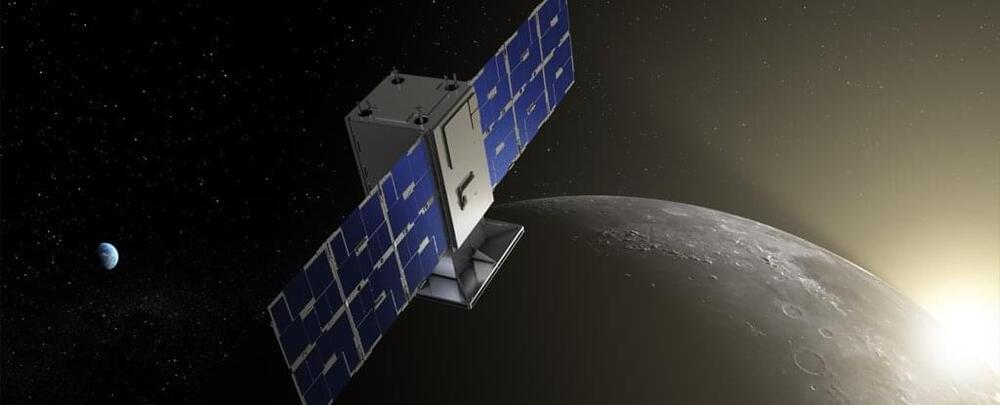
NASA Launches Nanosatellite in Landmark Mission to Return to Moon
NASA blasted a nanosatellite barely bigger than a microwave oven into outer space Tuesday, part of a landmark mission to return humans to the Moon.
A rocket carrying the tiny CAPSTONE module successfully launched from New Zealand’s eastern Mahia Peninsula to a deafening blast and a wash of fiery propulsion.

One Dead and 22 Have Been Hospitalized in Listeria Outbreak Tied to Florida
One person has died and 22 people have been hospitalized in a listeria outbreak, with most of the infected people having been in Florida about a month before they became sick, the federal authorities said Thursday.
A food source has not been identified as the cause of the outbreak, which has sickened people across 10 states from January 2021 through June 12, 2022, the Centers for Disease Control and Prevention said in a statement.
It typically takes three or four weeks to determine if an illness is tied to an outbreak, so recent cases may not be reported in the data. The true number of sick people is most likely higher because some people recover without medical care, the agency said.
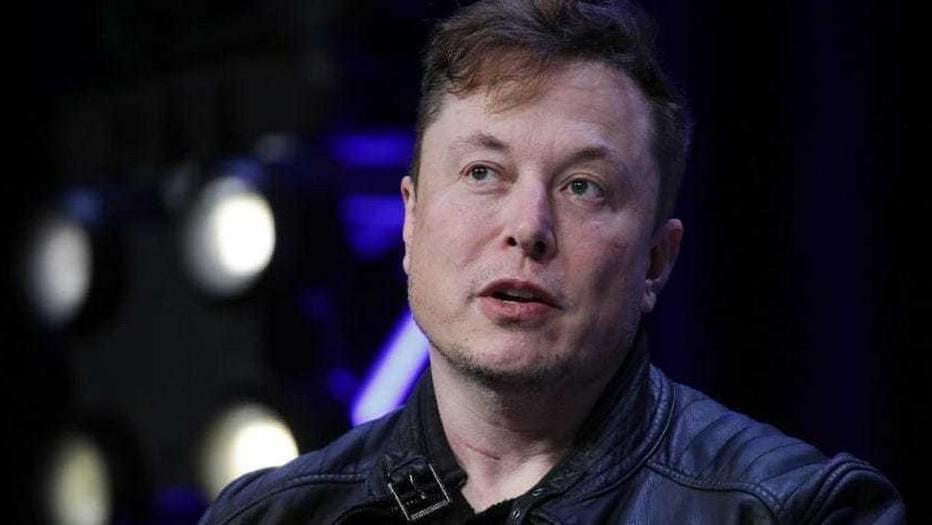
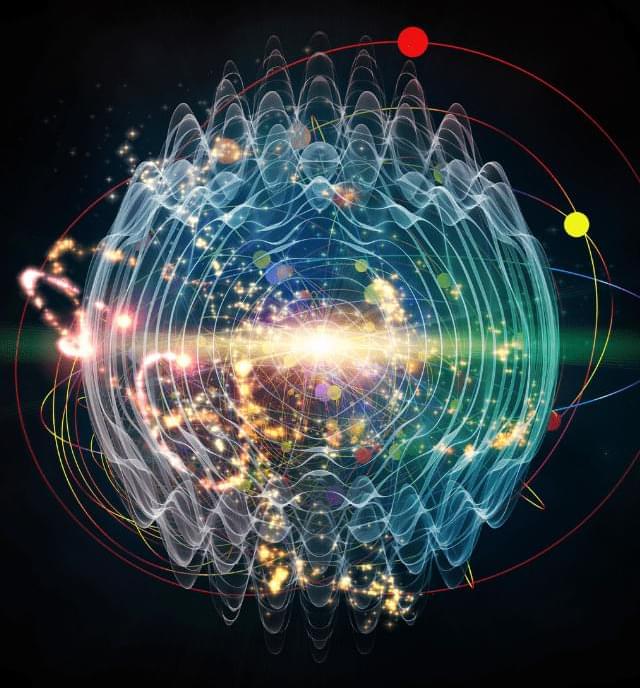
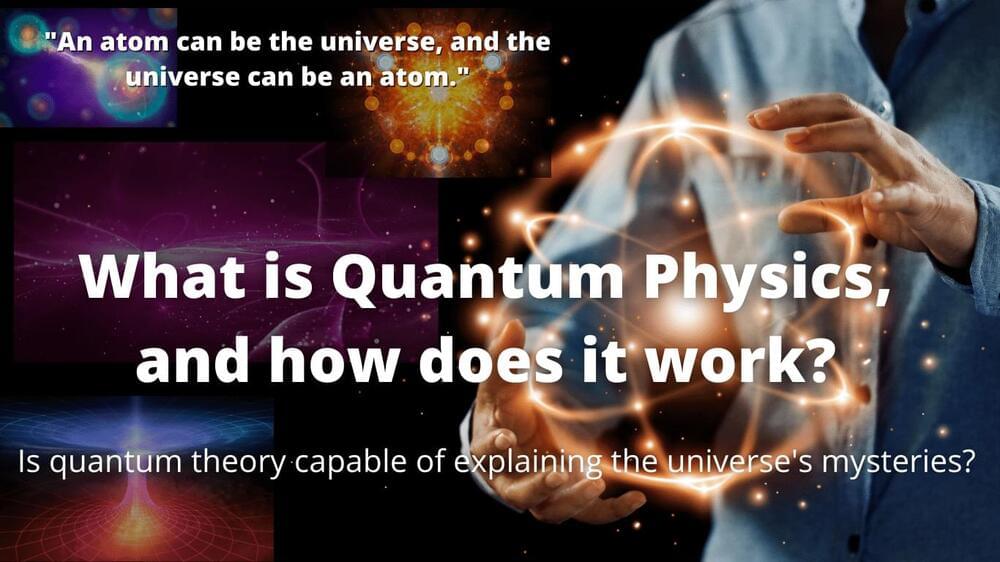
What is Quantum Physics, and how does it work?
What is Quantum Physics 0, and how does it work? Is quantum theory capable of explaining the universe’s mysteries?
What is Quantum Physics, and how does it work? Is quantum theory capable of explaining the universe’s mysteries? For centuries and decades, many scientists worldwide have been attempting to decipher the mysteries of the cosmos. Scientists have only cracked a handful of the universe’s inexhaustible secrets despite this. But, more importantly, are we uncovering the secrets of the cosmos correctly? Are we broadening our quest in the opposite direction of what we have mistaken for the limitless secrets of the universe? We don’t even know where to start looking for the answers to such questions.
Many outstanding scientists across the globe are using quantum theory to try to answer the universe’s unresolved riddles. And it has been somewhat successful. Quantum physics is responsible for numerous modern technologies that have revolutionized the planet. And those excellent scientists deserve to be praised. Learn what quantum physics is all about.

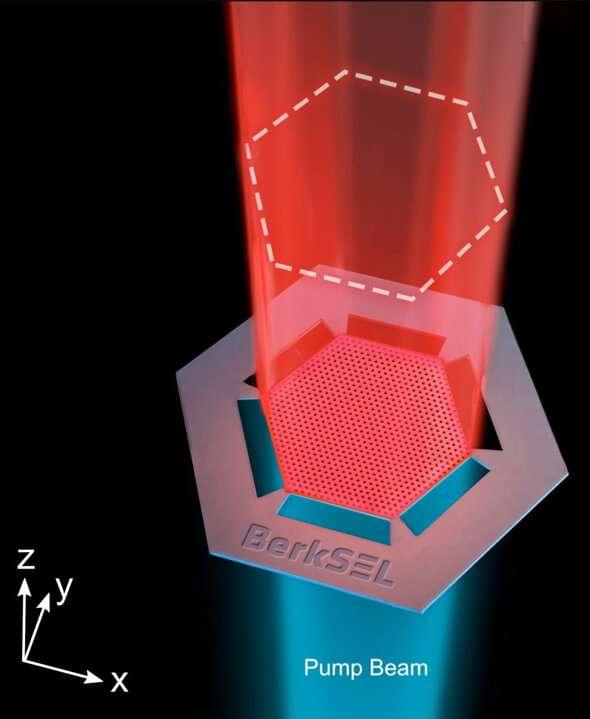
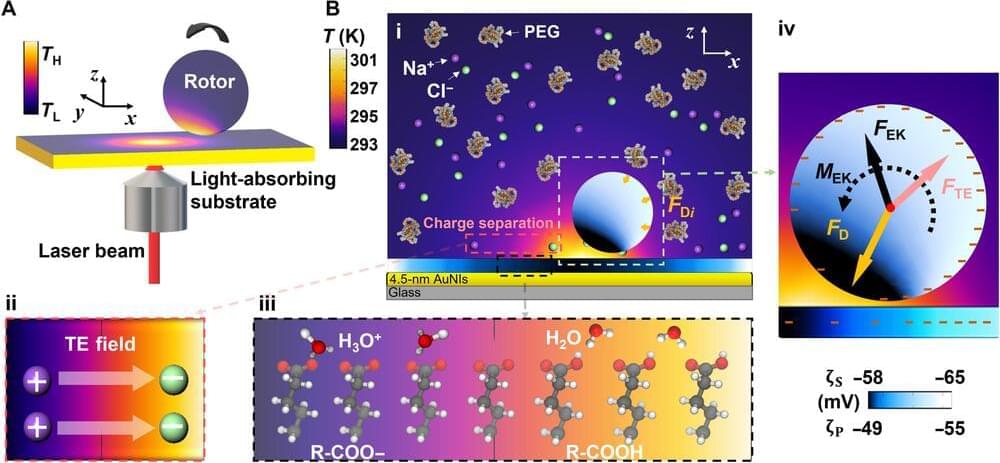
Universal optothermal micro/nanoscale rotors
The fundamental rotation of micro and nano-objects is crucial for the functionality of micro and nanorobotics, as well as three-dimensional imaging and lab-on-a-chip systems. These optical rotation methods can function fuel-free and remotely, and are therefore better suited for experiments, while current methods require laser beams with designed intensity profiles or objects with sophisticated shapes. These requirements are challenging for simpler optical setups with light-driven rotation of a variety of objects, including biological cells.
In a new report now published in Science Advances, Hongru Ding and a research team in engineering and materials science at the University of Texas at Austin, U.S., developed a universal approach for the out-of-plane rotation of various objects based on an arbitrary low-power laser beam. The scientists positioned the laser source away from the objects to reduce optical damage from direct illumination and combined the rotation mechanism via optothermal coupling with rigorous experiments, coupled to multiscale simulations. The general applicability and biocompatibility of the universal light-driven rotation platform is instrumental for a range of engineering and scientific applications.
What If We Built a Star-Sized Computer? | Unveiled
What if we built a Matrioshka Brain? In this video, Unveiled asks what would happen if we built a computer AROUND A STAR? This is one of the most incredible megastructures we’ve ever even contemplated… but what would the universe be like if it was home to these things? And how would we possibly keep control?
This is Unveiled, giving you incredible answers to extraordinary questions!
Find more amazing videos for your curiosity here:
What If Humanity Was A Type VII Civilization? — https://youtu.be/pz-Z8AavJZY
What If the Universe is an Atom? — https://youtu.be/WYyu9h9JJfg.
Are you constantly curious? Then subscribe for more from Unveiled ► https://wmojo.com/unveiled-subscribe.
#MatrioshkaBrain #Kardashev #Future